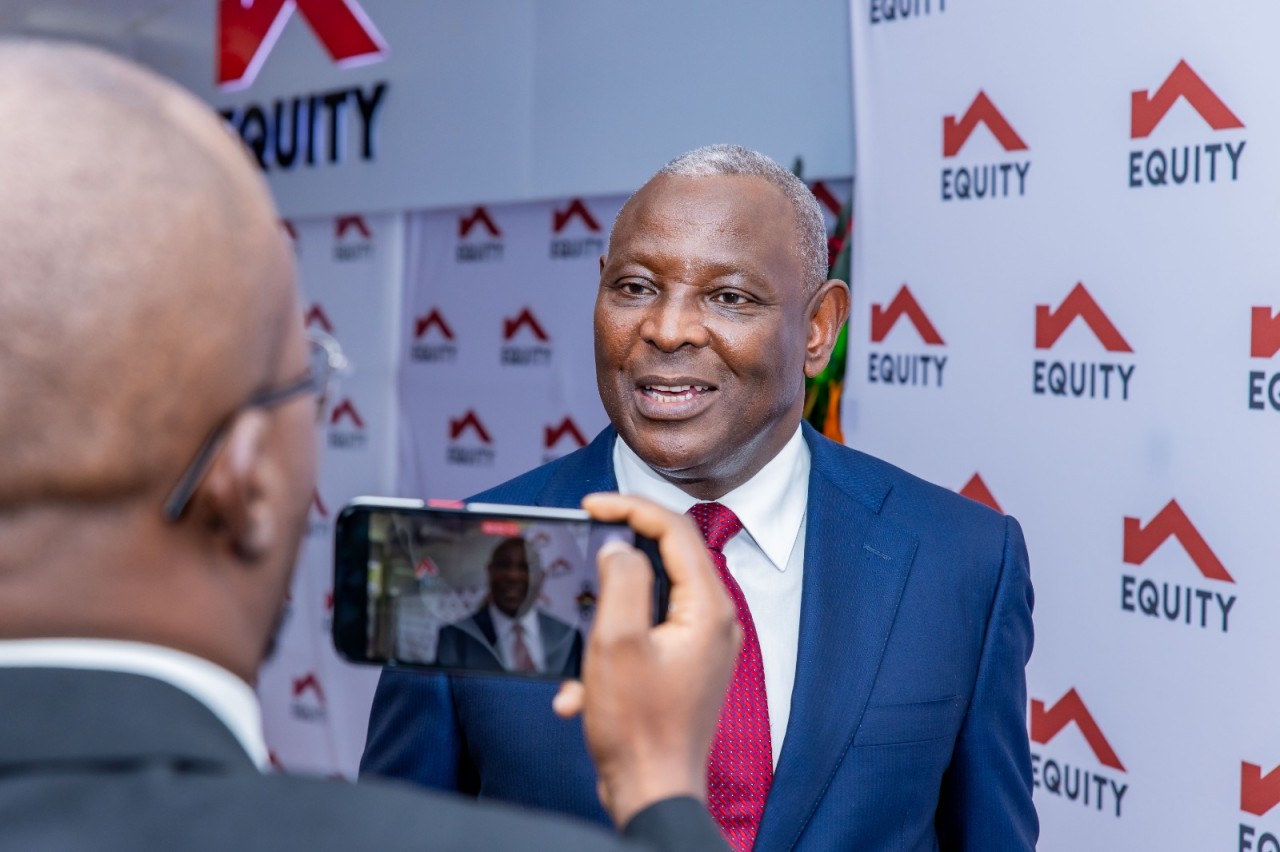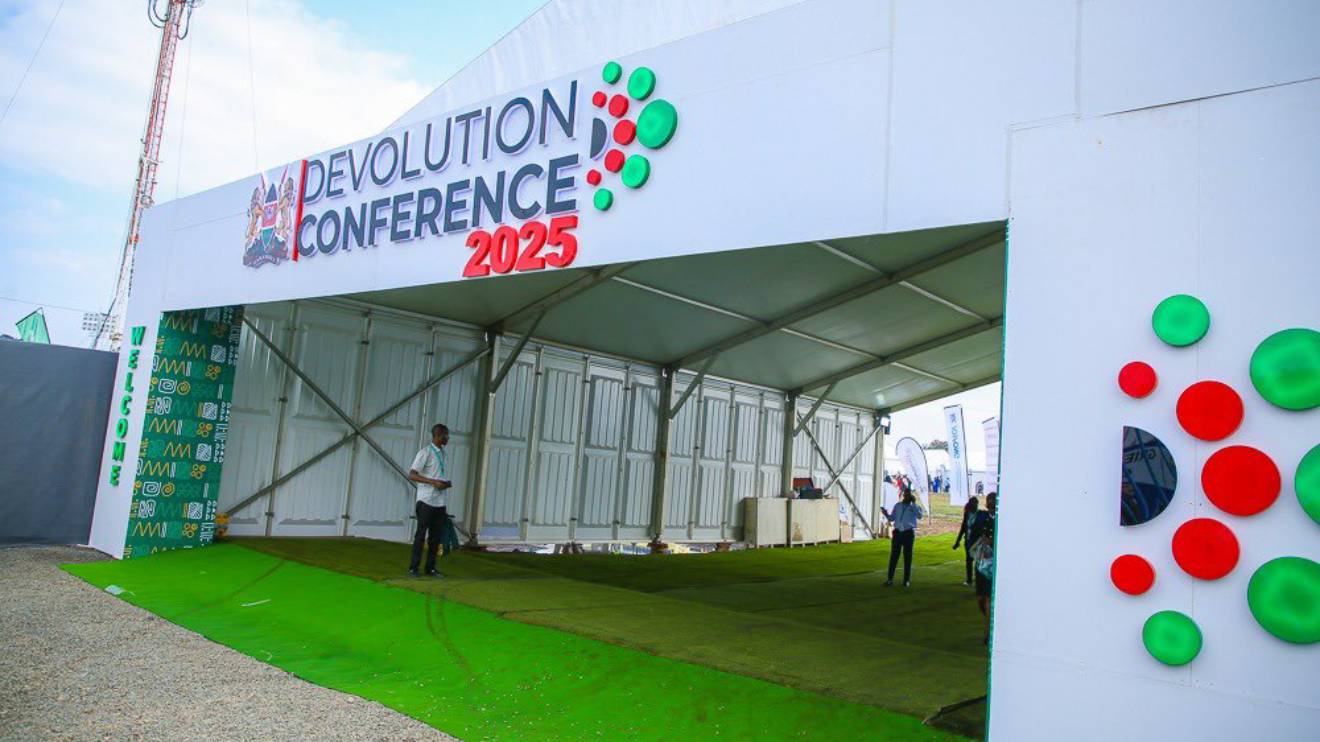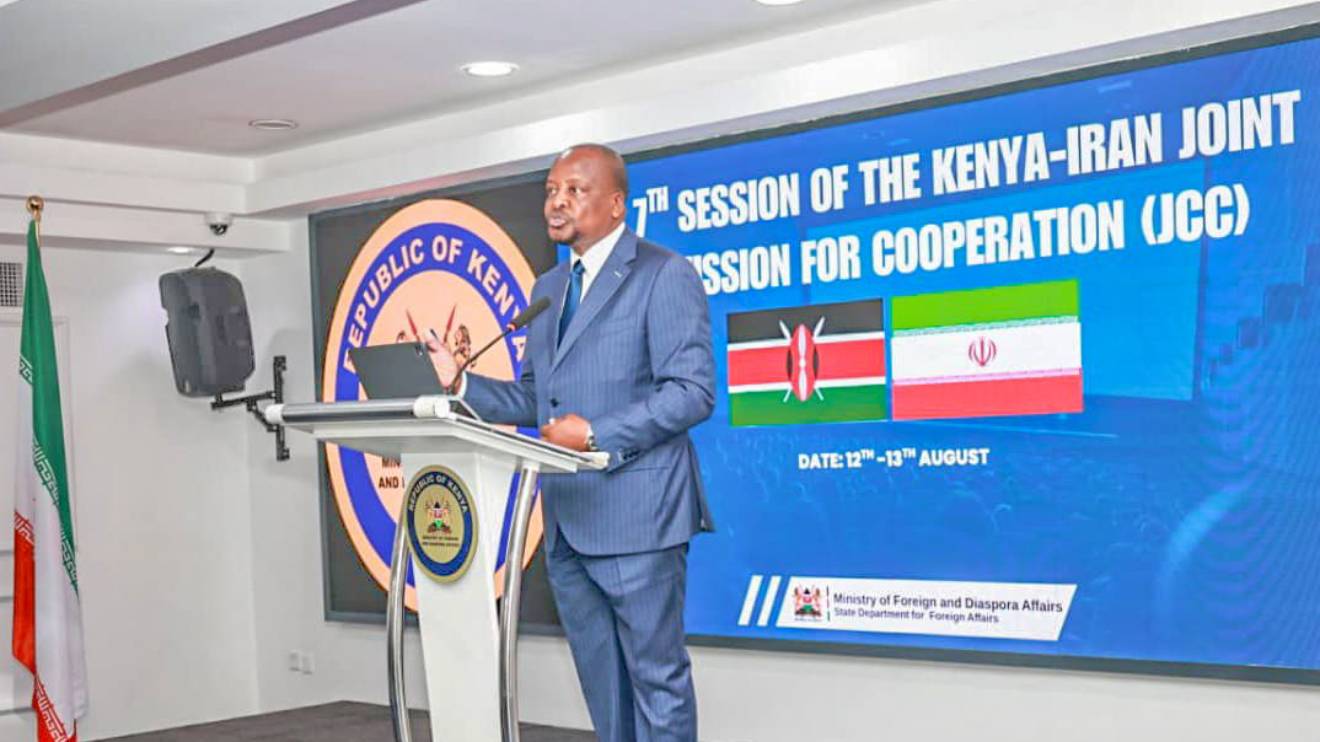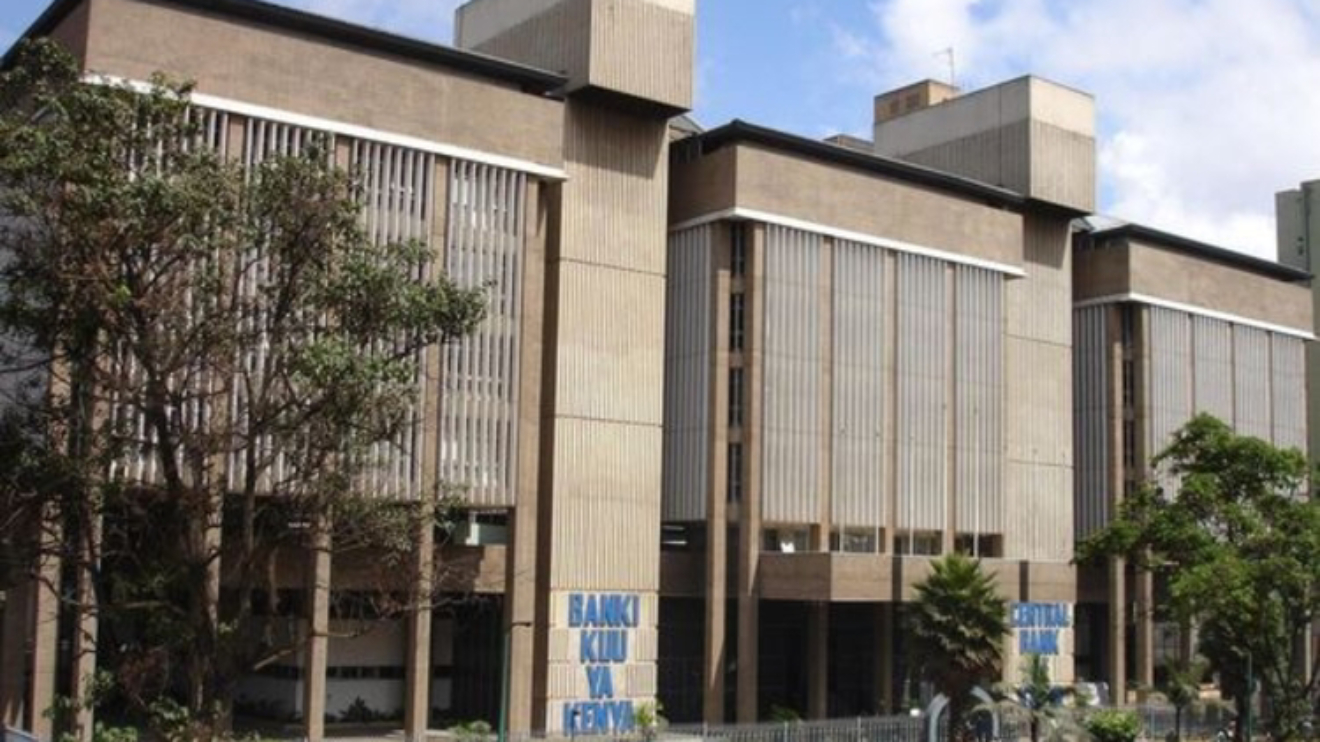The Senate in the Democratic Republic of Congo (DRC) has suspended a controversial law that would have forced Equity Group to sell 30 per cent of its stake in its DRC subsidiary, Equity Banque Commerciale du Congo (Equity BCDC).
This was confirmed by Equity Group MD and CEO Dr James Mwangi on Monday during the media and investor briefing on the Half Year financial results.
The pause comes after Equity launched high-level lobbying to block the sale, warning that it would damage investor confidence and destabilise the country’s financial sector.
"I'm happy to say we lodged our presentation to the Senate, to the President, and everybody, and I'm glad the Senate ceded and that clause is being amended.
“So, we are no longer required to cede, we will be exempt in that country, like we are in Kenya or any other country, to be fully owned."
Read More
Earlier this year, the DRC’s central bank issued Instruction 18, a directive requiring all foreign-owned banks to restructure their shareholding.
The rule demands:
• At least 4 unrelated shareholders per bank, each owning a minimum 15% stake
• Congolese nationals to collectively own at least 45% of shares
This meant that both Equity Group and KCB, which currently own about 85 per cent of their DRC units, would need to sell off around 30 per cent of their stakes.
Equity argues it already meets the spirit of the rule as a listed company with diverse shareholders, and warns that a forced sell-off could flood the DRC’s small capital market.
Analysts estimate Equity’s potential share sale alone could be worth $320 million.
Equity BCDC is a crucial profit driver, contributing more than 15 per cent of Equity Group’s total earnings in 2023.
The Senate’s intervention now buys time for negotiations, with Equity pushing for either a full exemption or amendments to the law that still encourage local ownership without undermining the bank’s strategic control.
The decision is being closely watched by investors and regional banking players, as the outcome could set a precedent for balancing national regulation with cross-border investment in Africa’s growing financial markets.


-1755100273.jpeg)





-1755081359.jpeg)